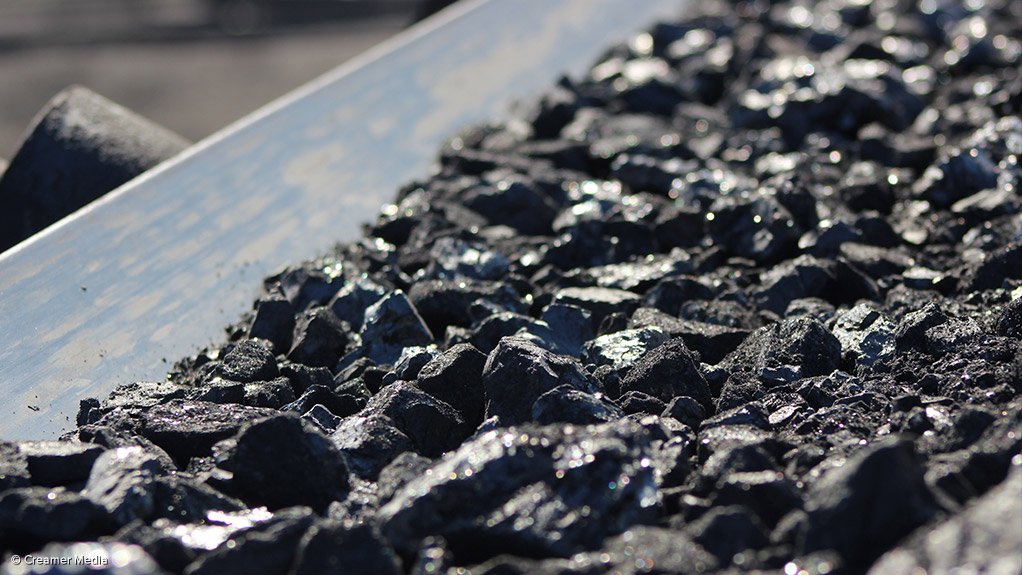The implementation of a $9.3-billion climate-finance pact between South Africa and some of the world’s richest nations has been slowed by an absence of investable projects, the African country’s presidency said.
The Just Energy Transition Partnership (JETP), a unit in the presidency, will unveil a platform to nurture projects later this month to help speed up progress, according to Joanne Yawitch, head of its project management unit.
Yawitch, who spoke at a seminar in eMalahleni, a city at the heart of South Africa’s coal belt in the eastern Mpumalanga province, said the JETP Funding Platform will focus on finding projects and sourcing startup capital and credit enhancement. The pact, agreed in 2021, is seen as a global prototype for how coal-dependent developing nations can switch to cleaner energy.
“There is a very limited project pipeline, it’s not a Mpumalanga problem, its a national problem,” Yawitch said on Wednesday. Through the platform “we can really ensure that there is a much greater flow of this funding,” she said.
The JETP — a partnership between South Africa and Germany, France, the US, UK, European Union, Netherlands and Denmark — is being emulated by Vietnam and Indonesia. It’s meant to boost renewable-energy production, accelerate the development of other green industries and cushion affected workers and communities from the impact of closing coal-fired power plants. South Africa currently relies on coal for about four-fifths of its electricity.
Aside from loans to South Africa’s National Treasury from France and Germany, little of the funding has been disbursed to date.
“We are looking for projects and we are eager,” Elsebeth Søndergaard Krone, Denmark’s ambassador to South Africa, said in an interview.
Denmark has earmarked $165-million in concessional loans and grants to help fund projects, she said.
At the event in eMalahleni, ambassadors and other representatives from Denmark, France, Germany and the UK detailed a series of projects that they are backing, ranging from re-skilling programs for workers to mapping the wind power generation potential of Mpumalanga, boosting fruit and nut farming and providing solar power for poor communities.
Political Infighting
Political infighting, labour-union opposition and delays to planned closures of coal-fired power plants have all helped slow implementation.
Representatives from the National Union of Mineworkers and National Union of Metalworkers of South Africa, the biggest labour groups in the mining and the power-generation industries, expressed concern about energy transition at the event.
They said they hadn’t been consulted about the pact, that workers and communities were confused and they feared that any money spent would flow back to consultants and companies from the investment partner nations.
“It's a difficult conversation,” David Martinon, France’s ambassador to South Africa, said of the energy transition. “It’s a long and complex process.”
EMAIL THIS ARTICLE SAVE THIS ARTICLE
To subscribe email subscriptions@creamermedia.co.za or click here
To advertise email advertising@creamermedia.co.za or click here











